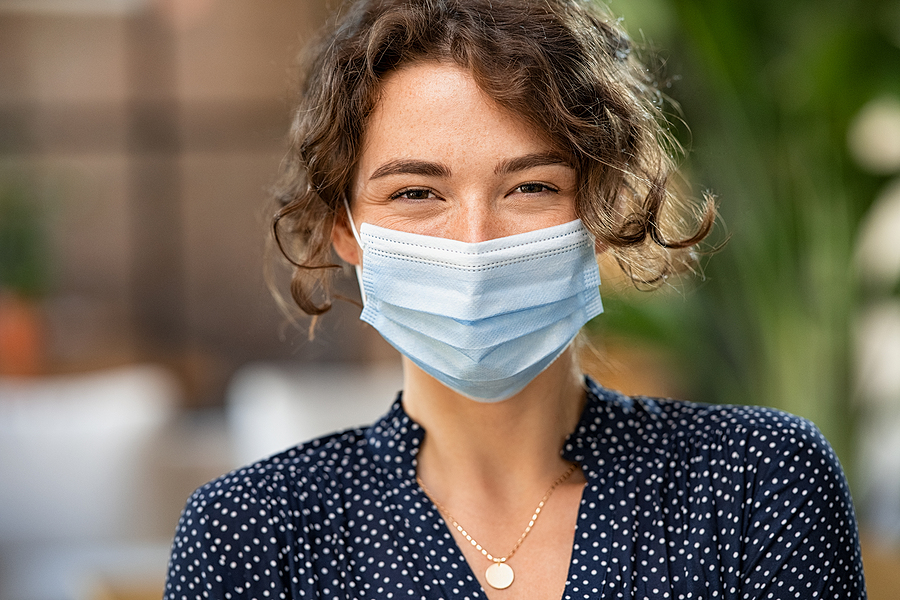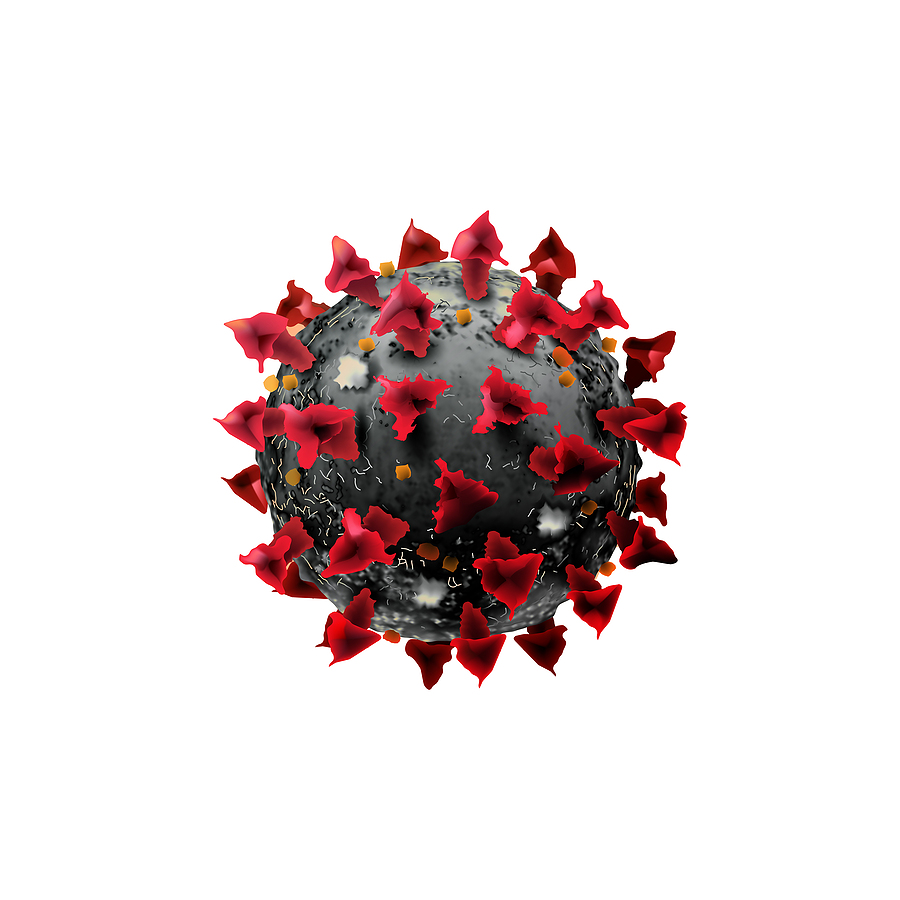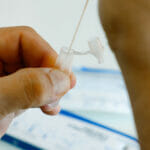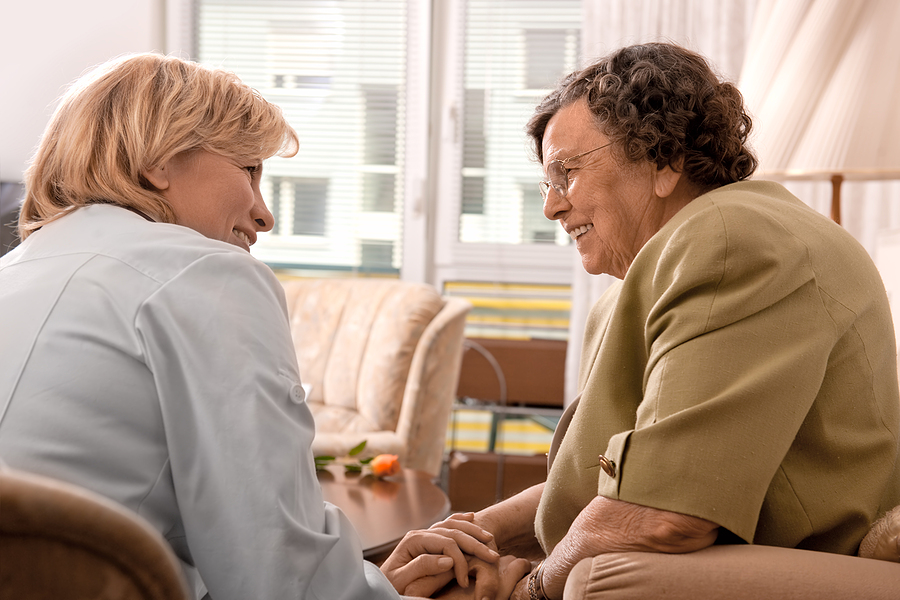With the spread of this deadly virus, the whole world is in a state of uncertainty. You might have heard of countless things regarding the spread of this disease. While many of them are true, there are also a lot of myths regarding the symptoms and treatment.
Knowing about the disease increases your chances of prevention. If you know the common symptoms, you will be able to take timely care, thus fighting effectively with the virus. You must have heard of pink eye and COVID, but there are other symptoms you should know about.
Doctors and scientists are finding out new things about the coronavirus every day. You cannot possibly know everything about it, but you should know about the common ones. Read on to find out all the common symptoms of this disease and how you can save yourself from it.
Symptoms of Coronavirus
It is not necessary that you show symptoms even if you contract this disease. Every one in five patients is asymptomatic. Thus, if you have been in contact with a patient but do not show symptoms, you should also isolate yourself.
After contracting the virus, it may take somewhere around seven to fourteen days to show symptoms. There are a few common symptoms that every patient shows, and a few symptoms only some people exhibit.
The common symptoms that most people show include:
- Fever
- Dry cough
- Dizziness and tiredness
- Shortness of breath
Relatively rare signs that only a fraction of people show are:
- Loss of taste and smell
- Chills with shaking
- Pink eyes
- Gastrointestinal issues
- Rashes
- Body aches
- Bluish lips and fingers
There has been news about pink eyes in COVID-19 patients. However, the truth is that pink eyes and COVID occur only in 5% of people.
What increases the risk of contracting?
A fact that affects your risk of contracting the virus is your age and previous health problems. Older people, especially those with health issues like heart disease, diabetes, or lung disease, have to face more complications than young patients.
Anyone with a history of these health issues has chances of contracting the virus ten times more:
- Immunological weakness, due to previous ailment or organ transplant
- Heart disorders
- Asthma and other breathing problems
- Diabetes
Your contact with the virus matters too. Since coronavirus spreads through aerosol droplets, your proximity with sneezing or coughing patients can transmit the virus to you. Therefore, it is advised to people who are taking care of their infected loved ones to care for themselves more.
Preventive measures
The worst aspect of coronavirus is that there is no cure. All vaccines are in the state of being made or tested. Therefore, you cannot rely on it to be safe. You cannot even say “prevention is better than cure” because there is no cure.
Your best shot is to take full preventive measures to keep yourself and your family safe. Here a few of those by which you should always abide.
- Always keep at least six feet distance from other people, whether they are infected or not. You never know who is asymptomatic and who is not.
- Always wear a mask when in public, especially when talking with someone.
- Avoid large gatherings of more than ten people.
- Wash your hands as much as you can for a minimum of 20 seconds. Keep alcohol-based sanitizer with you all the time when you are out.
- Do not touch your face and eyes with your hands.
- Sanitize and disinfect all household objects that you use frequently. This includes doorknobs, phones, computers, and countertops.
- Cough or sneeze in your elbow to reduce the risk of further transmission. It is our duty as human beings to do as much as we can to control this calamity.
- Do not share your belongings even with your family members. Keep individual contact as minimum as possible.
Takeaway
This is our new normal, so you have to learn to live with it. Panicking or isolating yourself will not help. With the right preventive actions and following the official Healthline, we can learn to save ourselves.
It is all well if you manage to be safe during these times, but you need to stay calm even if you contract the virus. Check with your doctor, quarantine yourself until your next test comes negative, eat healthily, and rest.
You should not be scared from all that pink eyes and COVID news surfacing around. These are secondary symptoms, only shown by 5% of the patients in severe conditions. If you take care of the measures mentioned above, you will prevent further transmission.
Image Source: BigStockPhoto.com (Licensed)
Related Categories: Health, Reviews








